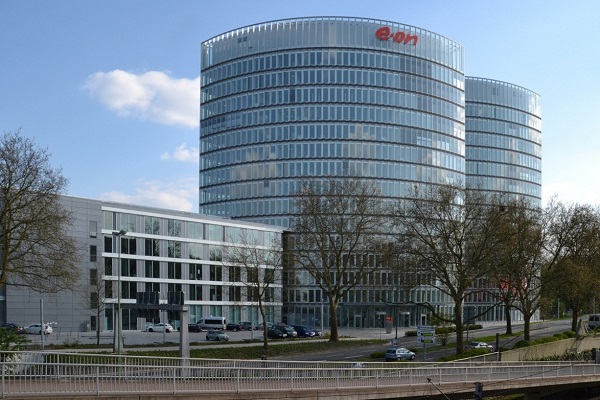After more than a month of energy supply in corona crisis mode, E.ON’s initial interim assessment is positive. The power, gas, and heat networks that E.ON uses to secure the energy supply in large parts of Europe are running stably, even in this difficult operational mode. Among the roughly 14,000 employees whom E.ON has defined as critical personnel for secure network operations and placed under special protection, there are virtually no infected individuals.
E.ON immediately activated prepared pandemic and crisis plans, and consequently brought them into operation. This has made it possible to maintain all elementary functions at all times. The most important measures have included strict adherence to hygiene and distancing rules, and the isolation of particularly sensitive areas such as network maintenance. For several weeks now, only employees with a permanent workplace at such sites have been allowed to enter. The working areas of these key personnel are separated from each other, there is little to no mixing between shifts, and shift handovers are contactless. Technicians who have to work on-site on the grid are equipped with special equipment to minimize the risk of infection.
Secure network operation also includes protecting the infrastructure from cyber-attacks. Even in the current pandemic phase, E.ON’s cyber-security team has recorded a constant level of criminal attempts to penetrate the systems from outside. For this reason, the cyber-security team also has a higher standard of protection in order to continue to successfully counter such attacks.
Should the pandemic situation deteriorate significantly, E.ON is prepared. The measures taken to ensure the highest possible level of protection will then range from the activation of replacement control rooms to the complete isolation of the operating team. Many employees already come to work with their bags packed in their trunks to be prepared in case of isolation.
In Germany alone, nine E.ON network companies from Rendsburg to Rosenheim ensure that 24 million people have access to electricity and heat without restriction via the distribution networks. Particular attention is currently being paid to the energy supply of hospitals. When one hospital’s own transformer recently failed at St. Laurentius Stift in Waltrop near Dortmund, E.ON’s regional company Westnetz was able to quickly organize an identical device from Münster and ensure that the hospital had a continual, sufficient supply of energy. In Zweibrücken, Saarland, E.ON’s regional company VSE coordinated via its subsidiary FAMIS that a decommissioned hospital was brought back online for the treatment of corona patients. In cooperation with the city and the hospital operator, the entire infrastructure for electricity, heating, water, compressed air, vacuum and oxygen was activated at short notice.
Even in crisis mode, E.ON is devoting all its efforts to climate protection. When E.ON’s regional utility Bayernwerk registered an absolute record level of photovoltaic electricity feed-in a week ago, network operations were able to control the power grids from 9 a.m. to 4 p.m. in such a way that energy consumption in the State of Bavaria was covered solely by renewable energies.
E.ON is also pressing ahead with the expansion of its networks. The company recently announced that it will invest nearly €10 billion in its energy networks within three years. The goal is to secure energy supply in numerous European economies and to make an important contribution to achieving a climate-neutral European continent by 2050.

